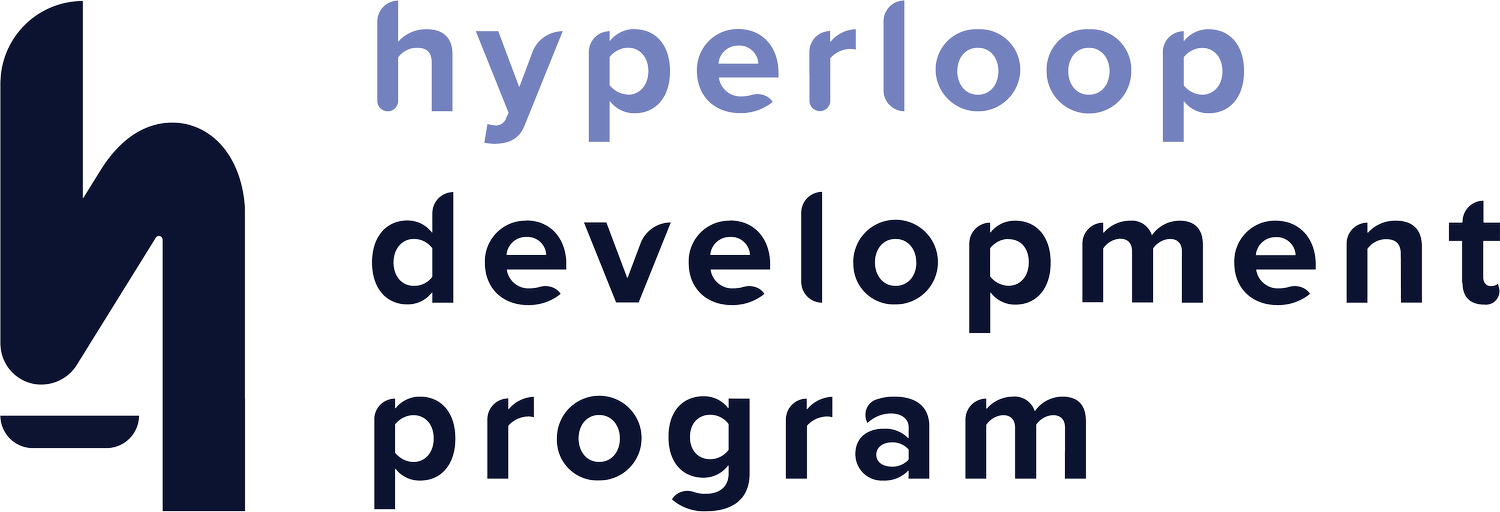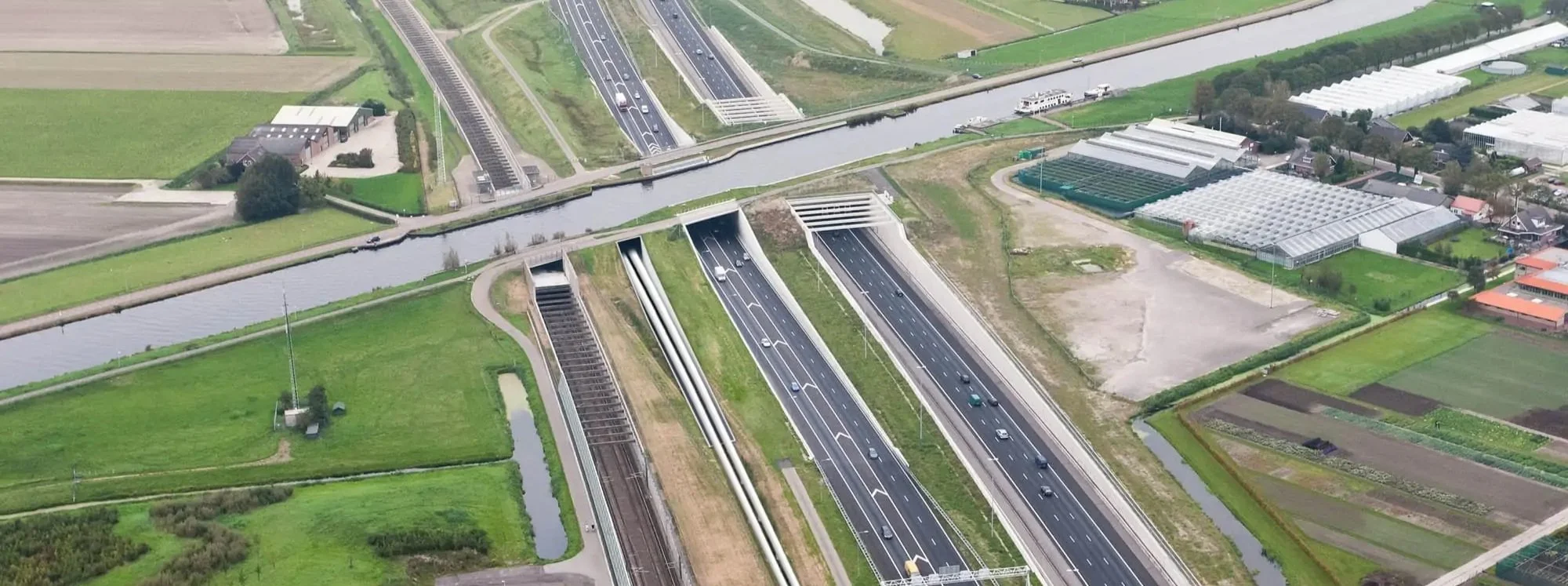Berenschot presents first exploratory study for Hyperloop development pathway
As a partner in the Hyperloop Development Program Berenschot has presented its first Outlook study to give governments and other parties insight into the current status and potential development pathway for a hyperloop in the Netherlands and Europe. The purpose of the Outlook is to inspire all parties concerned to think about their role and involvement in the hyperloop.
The main theme of the Outlook is how hyperloop connections can help to achieve more sustainable mobility in the Netherlands. Since it’s vital to share knowledge, insight and experience on how to integrate the hyperloop into existing mobility systems, the aim is to involve all the relevant parties so that they can tap into each other’s expertise.
Kaj Mook, senior consultant at Berenschot: “We see opportunities to bring stakeholders together to develop various questions, for instance: how will a hyperloop fit with the local environment? What are the social and economic costs and benefits?”
Berenschot will publish a second Outlook in 2022 which will give more detailed attention to specific possibilities for expanding cooperative relationships with regard to hyperloop. Ultimately both Outlooks will be incorporated in a roadmap which will set out the strategic choices for implementing a hyperloop in the Netherlands.
Promising connections
The first results of the Hyperloop Development Program are becoming visible, with preparations underway to build the European Hyperloop Centre in Groningen. Additionally, in the past year some promising connections for a commercially viable hyperloop have been identified, namely the so-called ‘high potential routes’, including Amsterdam to Berlin, and the Cargo Hyperloop Greenports Connection.
Alignment with national and European ambitions
The present Outlook study makes a direct contribution to the Action Package published on 14 December 2021 by DG Move – the European Directorate-General for mobility and transport. The Action Package encourages member states to promote and support innovative solutions for sustainable mobility. “Although hyperloop did not make it into the new Dutch government Coalition Agreement, the EU sees this mode of transport as a possible solution to make the transport of people and goods more sustainable,” says Kaj Mook.

